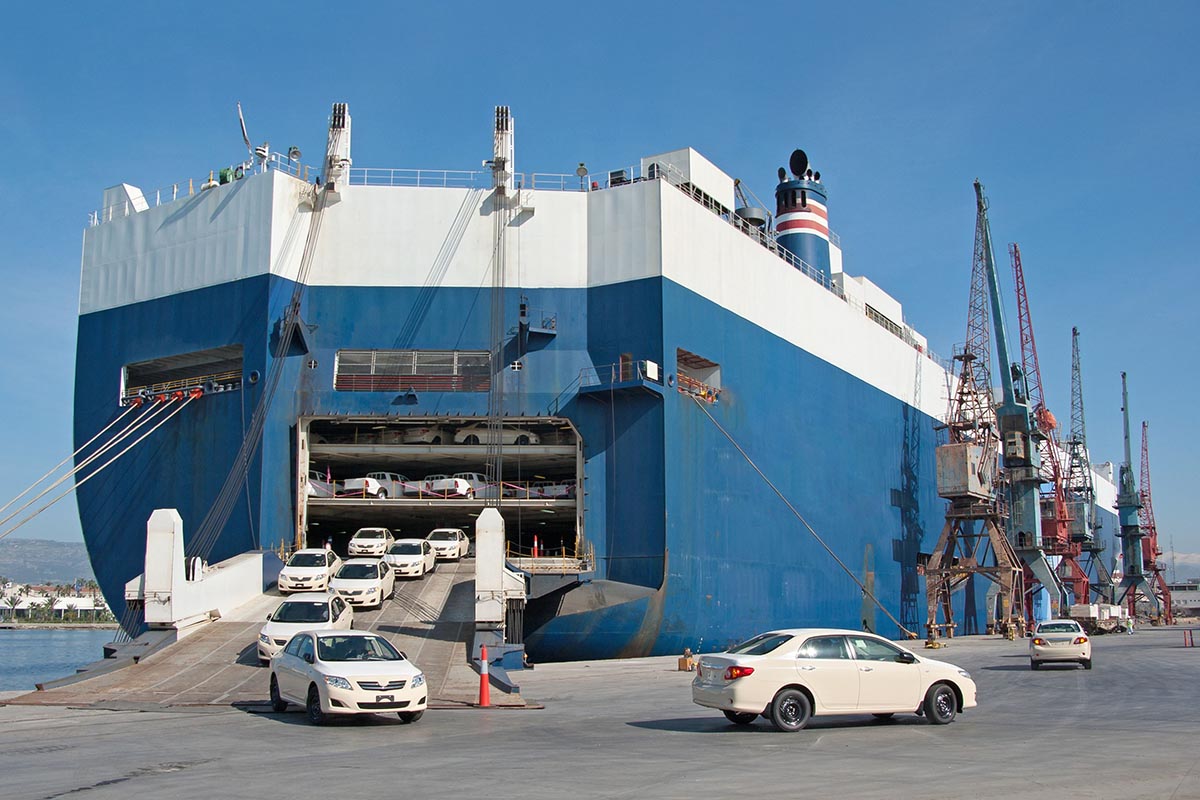For some time now, many voices have been raised against European customs duties on Chinese electric cars. An a priori protectionist measure, which aims to punish the allegedly illegal aid from which their brands have benefited. But these tariffs will only harm Europeans, who will have to pay more for their cars, will delay the electrification of our vehicle fleet, and can also be easily circumvented by Chinese groups.
A few days ago, BYD signed an agreement to set up a factory in Türkiye. A very interesting market both for its internal development potential, 90 million inhabitants, but also for its preferential trade agreements with the EU, which will allow it to export under good conditions.
Today, the United Kingdom has just dealt a new blow to the tariff system put in place by Europe, by confirming that it will not follow our example and will not impose trade barriers on Chinese vehicles.
THE Chinese groups will thus be able to export to the United Kingdom, Then ship their vehicles to the continent paying 10% customs duty applied to vehicles coming from the islands.
https://srqbacklot.com/actualite/toyota-prepare-lavenir-du-rav4-une-evolution-sans-revolution/594704/
But that’s not all. Brexit has led to rules such as requiring 40% of the value of an electric vehicle’s parts to come from the UK or EU so that it can be sold across the Channel without paying customs duties of 10%. This figure increased to 45% this year.
This means that if the trade agreements, which are reviewed every five years, are not amended, the Investments in new battery factories could be made in the UK rather than Europe, because these batteries will be installed in cars that will pay virtually no customs duties. A possibility that is still distant, but which is becoming increasingly important in the current situation.
The United Kingdom exports practically no vehicles to China, sending only 49,000 units. Europe, for its part, and according to data published by the European Automobile Manufacturers’ Association (ACEA) for the year 2022, exported 6.3 million units that year, of which 7% (391,586 units) to the Chinese market. https://srqbacklot.com/auto-moto/maroc-et-chine-une-alliance-strategique-pour-le-boom-des-voitures-electriques/594676/
The
British are therefore not directly exposed to China , but they have significant potential to attract new car manufacturing facilities, with names such as SAIC, owner of MG, which already produces a good number of vehicles at the Longbridge plant in Birmingham, and which could now be supplemented by a second facility that the UK and Spain are fighting over.The conclusion is that the implementation of tariffs is a measure that will have no positive effect on a Europe surrounded by states that have concluded trade agreements that will allow the Chinese to circumvent trade barriers, in a detrimental move that will make us lose future investments.
An action that denotes the EU’s lack of interest in a real energy transformation that would reduce the energy dependence of a Europe dangerously dependent on fossil fuels.


